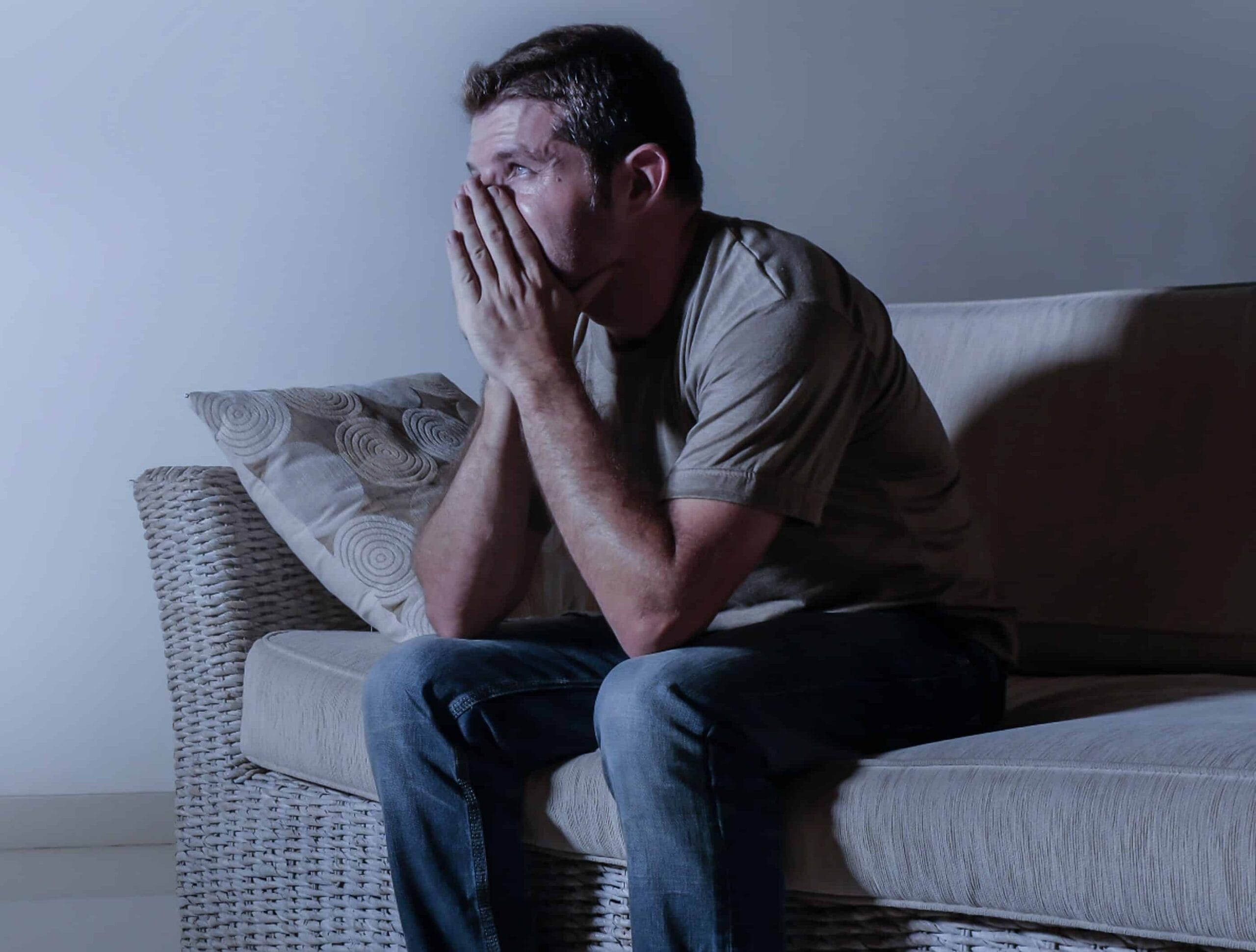Sleep deprivation can have a profound negative impact on a person’s body and mind. To protect your health, it is important to understand what causes sleep deprivation, what the potential effects can be, and how you can get help if you need it.
What is Sleep Deprivation?
Sleep deprivation is a condition that results from an insufficient amount of quality sleep. The amount of sleep a person needs in order to function at an optimal level varies depending upon age.
To avoid sleep deprivation, the American Academy of Sleep Medicine (AASM) provides the following recommendations:
- Adults age 18 and above: At least seven hours of sleep each day
- Adolescents age 13-18: Eight to 10 hours of daily sleep
For children and infants, the recommended amount of daily sleep can range from nine to 16 hours, including naps.
What Causes Sleep Deprivation?
There is no single answer to the question, “What causes sleep deprivation?” The following are a few examples of the many reasons why a person might have this problem:
- They have insomnia, sleep apnea, or a similar medical condition.
- They have anxiety, depression, posttraumatic stress disorder (PTSD), or another mental health condition that is associated with poor sleep.
- They have been experiencing excessive stress.
- They can’t sleep through the night because of neighbors, traffic, or other environmental factors.
- Their work schedule has disrupted their sleep pattern.
- They frequently abuse alcohol or certain other substances.
- They habitually choose to stay up late to watch TV, play video games, go out, or engage in other forms of entertainment.
Failing to get adequate sleep for a day or two is often referred to as acute sleep deprivation. Falling short of the recommended daily amount of sleep on an ongoing basis is known as chronic sleep deprivation. Both types of sleep deprivation can be harmful to a person’s physical and mental health.
Effects of Sleep Deprivation
In addition to understanding what causes sleep deprivation, it is also valuable to understand the many negative effects that can result from deficient sleep. This includes both immediate, or short-term, harm as well as long-term damage.
Short Term
When you don’t get a good night’s sleep, you may be prone to short-term effects such as the following:
- Fatigue
- Diminished reaction time
- Difficulty making decisions
- Problems focusing or concentrating
- Impaired balance and coordination
- Elevated risk of slips, falls, and other accidents
- Feeling irritated, agitated, or grumpy
These effects can usually be remedied by getting a solid seven or eight hours of sleep. But if you continue to miss your sleep goals, you increase your likelihood for long-term effects.
Long Term
The following are possible long-term effects of continued sleep deprivation:
- Memory problems
- Weakened immune system
- Hypertension (high blood pressure)
- Cardiovascular damage
- Overeating and resultant weight gain
- Elevated blood sugar, which can lead to type-2 diabetes
- Diminished sex drive
- Onset or worsening of anxiety or depression
Both the short- and long-term effects of sleep deprivation can have a negative impact on your life. But they don’t represent the full danger of sleep deprivation. If you don’t resolve your sleep problems, you may incur even greater damage.
Dangers of Sleep Deprivation
The prolonged, intentional deprivation of sleep is generally considered to be a human rights violation and/or a form of torture. This determination alludes to the extensive harm that can result when a person doesn’t get an ample amount of sleep for an extended period of time.
As described in a July 2018 study in the journal Frontiers of Psychology, the impact of severe sleep deprivation can mimic the symptoms of psychotic disorders. The study’s findings included the following:
- After 24 hours without sleep, a person can begin to experience distorted perceptions, disorientation, and depersonalization.
- After 48 hours, the effects can include complex hallucinations and disordered thinking.
- Following 72-96 hours of sleep deprivation, an individual is likely to be be in a state that resembles “acute psychosis or toxic delirium.”
Usually, these psychotic symptoms will dissipate once a person resumes normal sleep patterns. But the authors of the July 2018 study note that this is not always the case, suggesting that severe sleep deprivation can lead to irreversible damage.
Types of Treatment for Sleep Deprivation
There are many options for treating sleep deprivation. Before a person can receive proper care, though, they should complete a thorough assessment. This will allow the provider to identify what causes sleep deprivation, so they can develop the most effective treatment plan.
If a person’s sleep problems are the result of a mental or behavioral health concern, treatment may involve medication, therapy, or a combination of the two.
Prescription medications are often incorporated into treatment for anxiety, depression, and other mental health disorders. In addition to alleviating certain symptoms, these medications may also promote healthier sleep patterns.
Cognitive behavioral therapy (CBT) is one of the most effective forms of therapy for people who have been affected by sleep deprivation. If the person’s sleep problems are related to posttraumatic stress disorder (PTSD), services such as eye movement desensitization and reprocessing (EMDR) therapy and somatic therapy may also be beneficial.
Begin Treatment for Sleep Deprivation in Los Angeles
Montare Behavioral Health provides comprehensive care for adults whose lives have been disrupted by sleep deprivation related to mental or behavioral health concerns. At our treatment center in Los Angeles, you will receive personalized services and compassionate support from a team of skilled professionals. With our help, you can experience significant improvements in your mental health and your overall quality of life. Contact us today to learn more.






